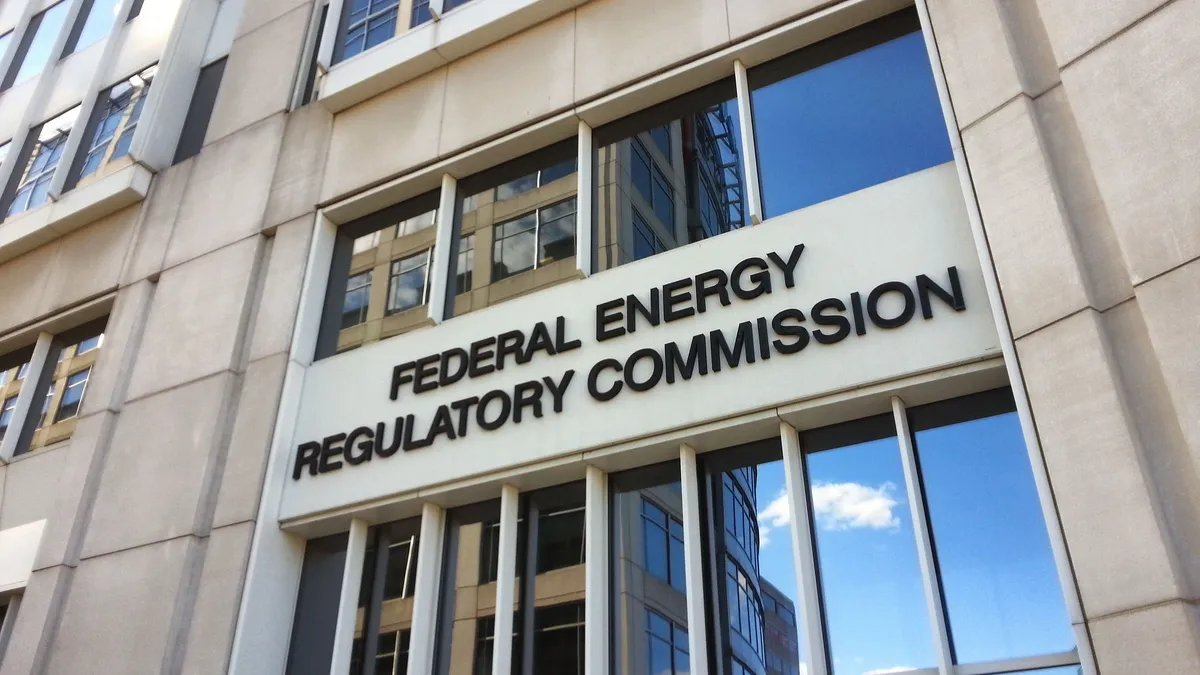Dive Brief:
- FERC has backed PJM Interconnection on proposed rules for its transitional capacity auctions in the 2016/2017 and 2017/2018 years, saying the auctions will ensure the least-cost supplies are brought to consumers.
- FERC rejected arguments by Direct Energy Business Marketing and NextEra Energy Resources, which said the transitional auctions ignore resources already acquired, forgoing significant chances to reduce costs.
- FERC Chairman Norman Bay split from the majority, and filed a dissent arguing the proposed rules will add more than $1 billion in costs to consumers' bills.
Dive Insight:
PJM Interconnection is holding transitional auctions for delivery years 2016 through 2018, but the rules it is using could unnecessarily boost prices, according to two energy companies and the head of FERC. But over those objections, the two other FERC regulators this week issued an order allowing the auction to move ahead as planned.
The new rules allow for enhanced payments to generators in return for stricter capacity standards. But because two auctions have already been held, PJM is going back and holding transitional auctions which will allow market participants to resubmit bids for higher payments.
The problem, Bay said in his dissent, is that PJM is going to wind up making payments it does not need to make.
"If PJM buys capacity from a resource that is already entitled to a payment, it can eliminate that payment and save consumers money," Bay wrote. "If PJM buys capacity from someone else, it cannot avoid that preexisting cost. The transitional auction, then, provides PJM the valuable opportunity of avoiding payments that it is otherwise required to make. PJM’s methodology ignores the value of this opportunity."
FERC disagreed, however, and the commission rules the auctions can move ahead as planned because PJM's tariffs do not violate its open access transmission tariff, and the rates are not unreasonable.












